Sticks in a Bundle: The Early Years by Pat Spencer
Publisher: Seaside Writer Imprint
Genre: Historical, Fiction
Rating: 3 Stars
Reviewed by AstilbeAs the middle daughter in a family of Xhosa, Zulu, and Dutch descent, Eshile Mthembu’s life celebrates the strength and resilience of the human spirit. She lives in a Soweto shanty under South Africa’s apartheid rule, a policy designed to squash her dreams and control every aspect of her life. Her story reveals a history of racial injustice many know little about, as experienced by a young woman trying to understand it herself.
Despite cultural, religious, and linguistic differences, Eshile’s family bases their love and strength on the African proverb: Sticks in a bundle are unbreakable. But when a stranger from afar offers an unexpected opportunity, Eshile must decide whether to secure her family bonds or embrace the promise of a better life.
Love is stronger than hate.
One of the tropes I enjoy reading about the most involves exploring the differences between how children and adults understand the same thing. What seems clearcut and sensible to a grownup might be utterly confusing to a kid, and vice versa. Eshile and her sisters had all sorts of questions about adult matters, from why they weren’t supposed to walk in certain neighborhoods to what happened to their Dutch birth father. Their answers to these questions made me smile and made me want to keep reading.
The large cast of characters made it difficult for me to get to know the majority of them well even though this was nearly 300 pages long. There simply wasn’t enough time to dive deeply into most of their personalities, especially given how young Eshile was when most of these events took place. She wasn’t yet old enough to think critically about most of the adults around her, much less wonder why they made more complex decisions in life. As much as I liked the protagonist herself, this made it difficult for me to bond with her large extended family or many neighbors and friends who popped into their lives every so often.
Some of the most memorable scenes for me were the ones that explored how Eshile’s family passed down some Xhosa and Zulu traditions while modernizing or skipping other ones as the 1960s went on. There was so much emotion involved in some of them, and even the easier decisions were still make with caution and care. This evolution is something people from every culture tend to need to do from time to time, and I nodded along as I took note of the similar reactions to change between these characters and members of my own family who have felt all sorts of emotional reactions to how our traditions have remained constant, changed, or simply been modified from one generation to the next.
I struggled with the slow pacing. Even though I appreciated the detailed descriptions of Eshile’s cultural and ethnic backgrounds, pausing so often to explain what certain words meant or why characters expected specific behaviors from each other meant that the plot couldn’t move very quickly in most places. Sometimes this read more like a sketch of a large, complex family than a story that could be divided into a beginning, middle, and end in even the loosest interpretations of how novels are generally paced.
There are all sorts of interesting cultural and social reactions to families whose members come in a range of colors and ethnic identities. While my extended family has never faced the threat of legal trouble or jail time for being multiracial like these characters did, I did relate to how they navigated a world that may be kind to us one day and angry at our very existence the next. Representation matters not only for people who belong to the group being explored but also to readers who have never had to think about such things and may learn something new about what their neighbors, acquaintances, coworkers, and the strangers they pass by on the street quietly deal with. The more empathy we develop for each other, the better.
Sticks in a Bundle: The Early Years was thought provoking.
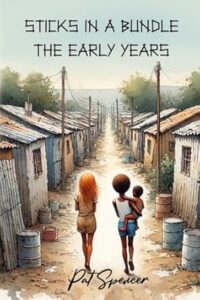
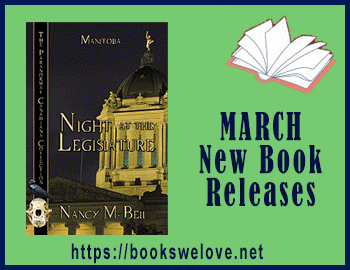



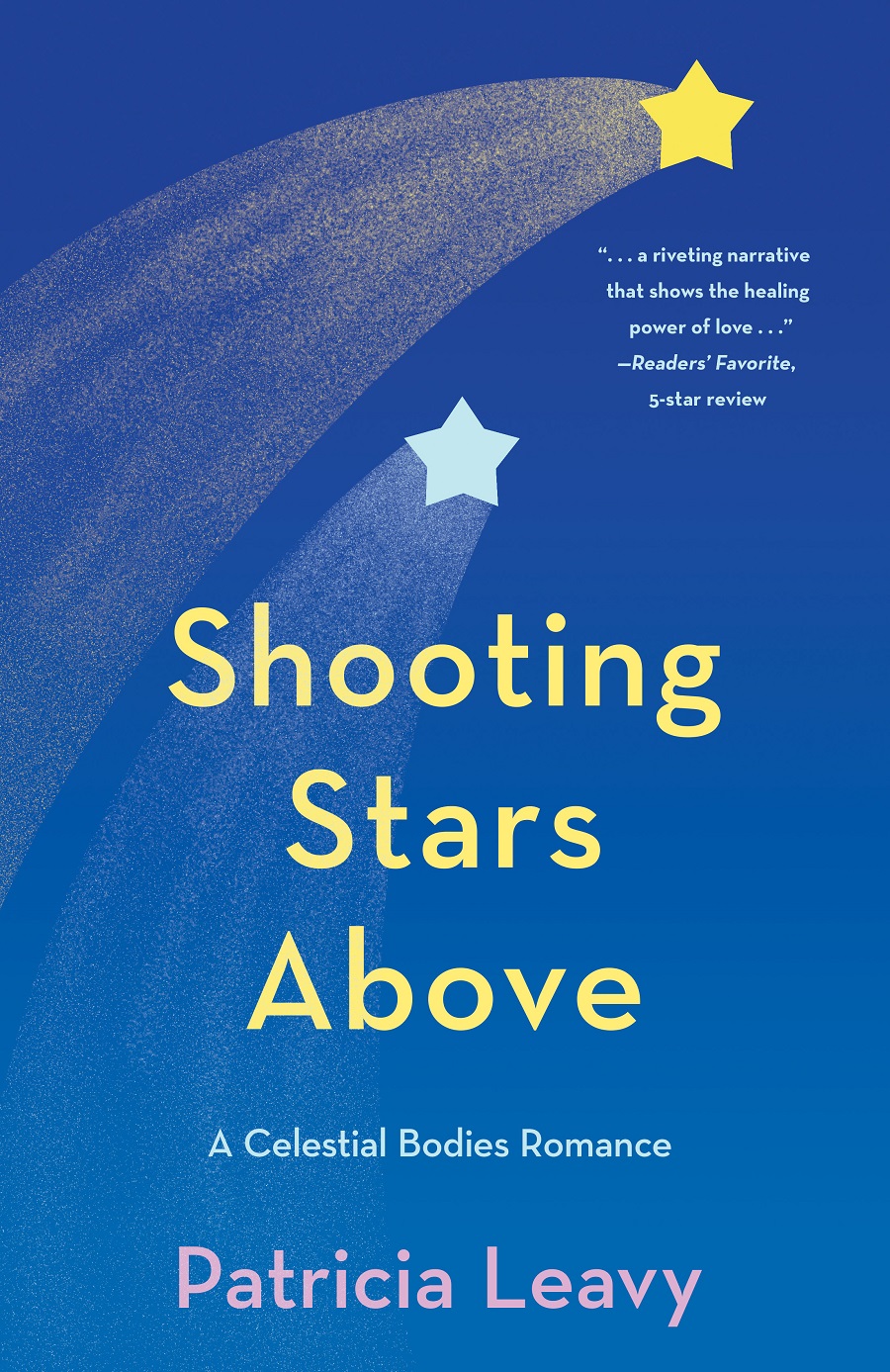
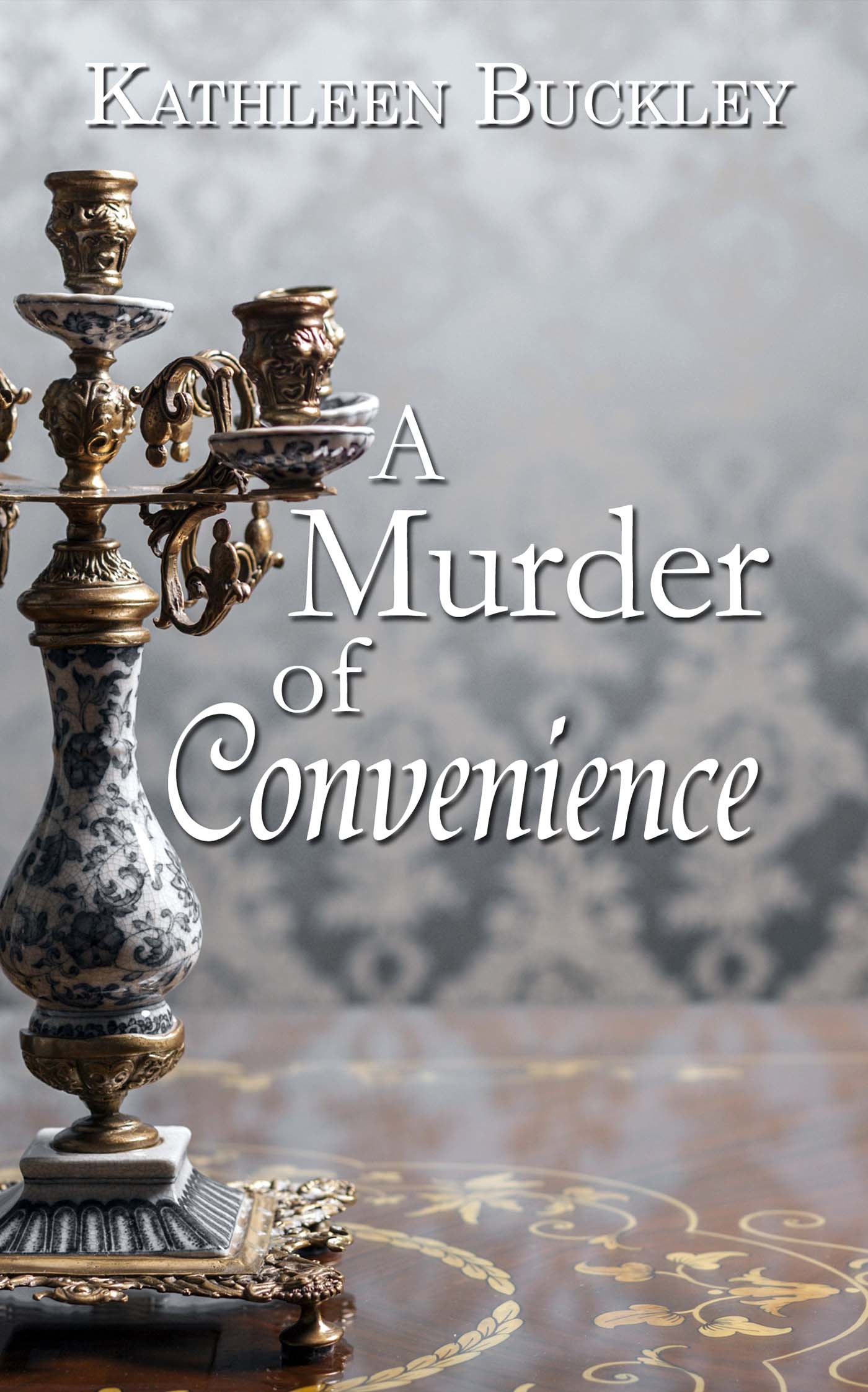

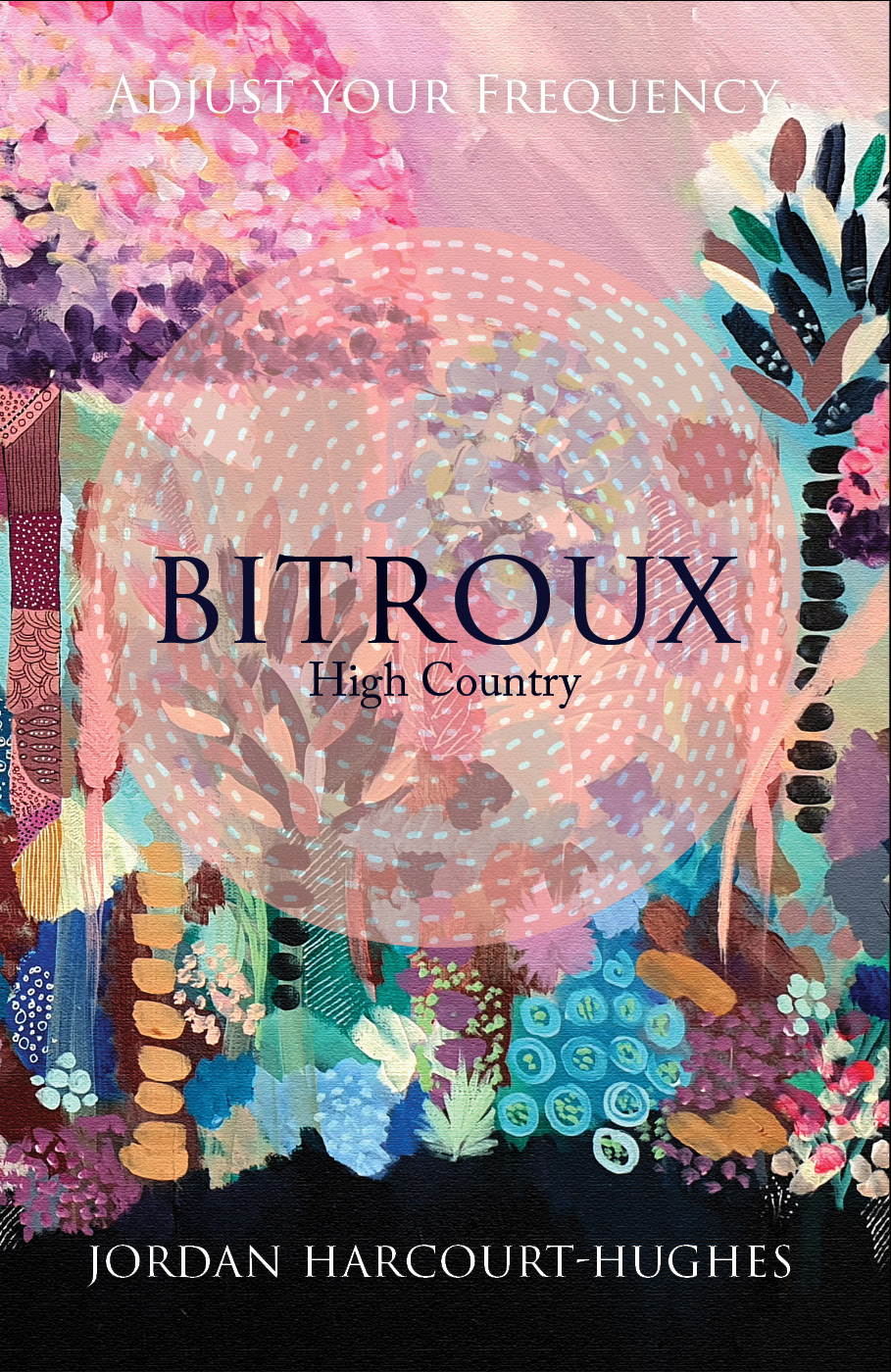

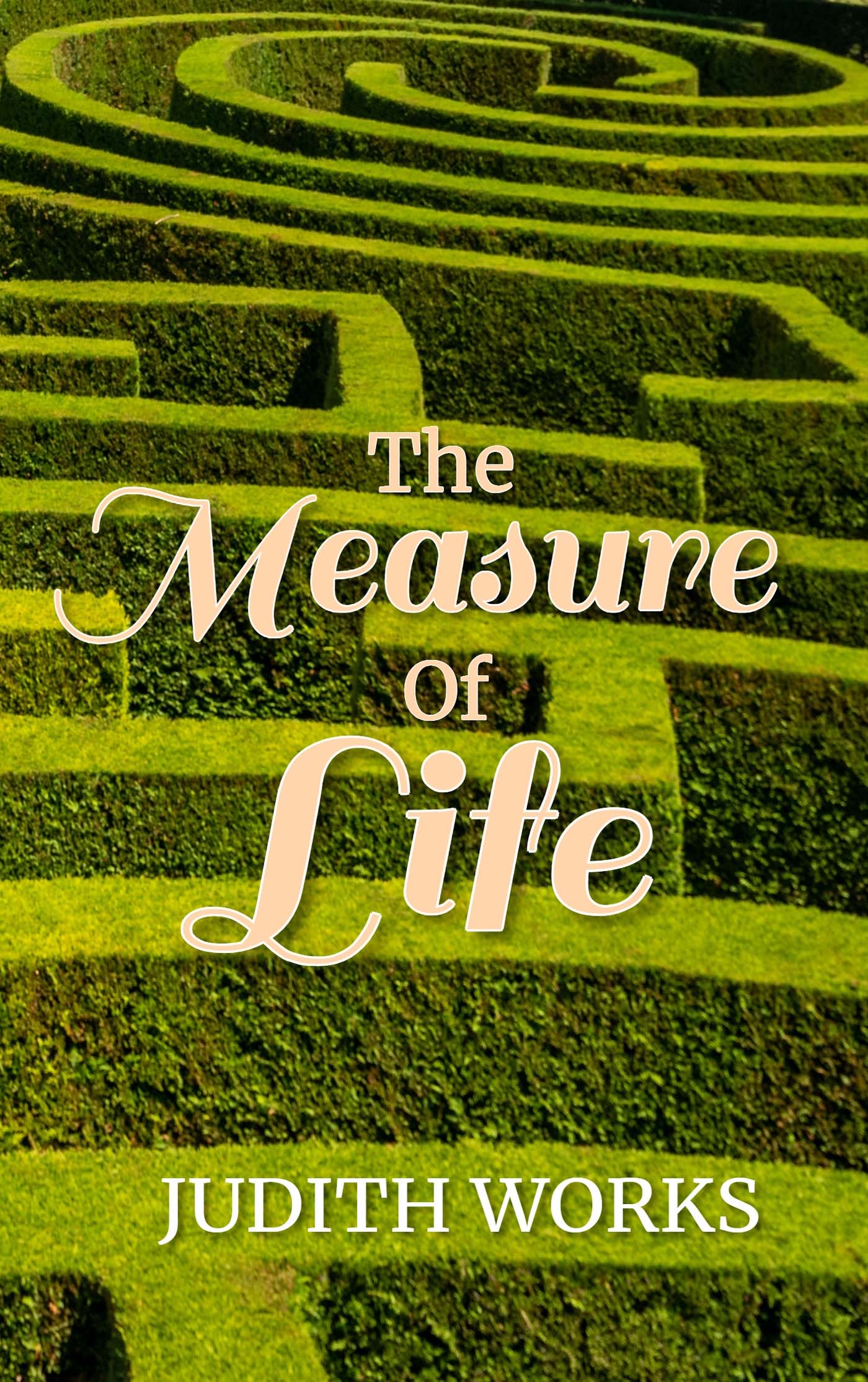
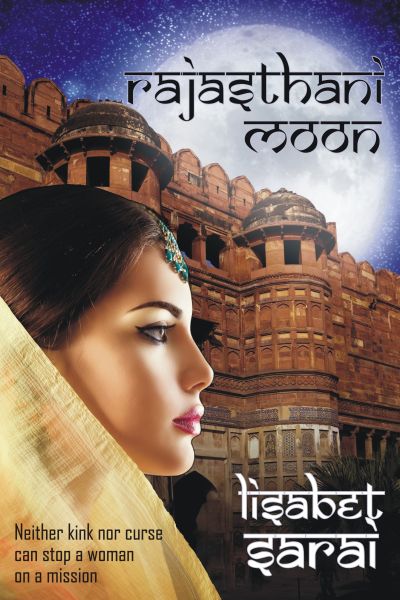




Speak Your Mind